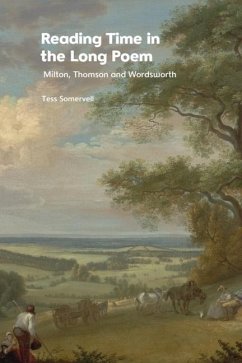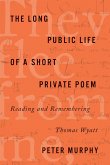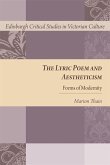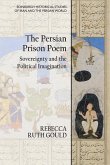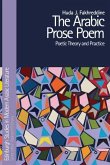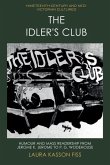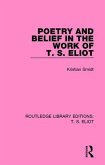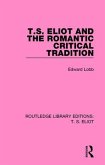Reveals how long poems of the long eighteenth century articulate philosophies of time in both content and form Reading Time tells the story of the long poem in the long eighteenth century as it navigated between narrative and description, progress and digression, and time and space. The long poem emerged, between 1660 and 1850, as a medium in which poets could shape and reshape time. Analysing Milton's Paradise Lost, Thomson's The Seasons and Wordsworth's The Prelude, this study reveals how these poets used both the content and form of their long poems to intervene in contemporary debates about the temporalities of free will, nature and identity. Reading Time argues that they use the figure of the prospect, the extended landscape, to imagine time as a space onto which different causal configurations could be mapped. In turn, readers have approached these poems as both temporal and spatial forms, as linear processes and as static structures, demonstrating how the long poem can shape a reader's own experience of time. Tess Somervell is Lecturer in English at Worcester College, University of Oxford.
Hinweis: Dieser Artikel kann nur an eine deutsche Lieferadresse ausgeliefert werden.
Hinweis: Dieser Artikel kann nur an eine deutsche Lieferadresse ausgeliefert werden.

